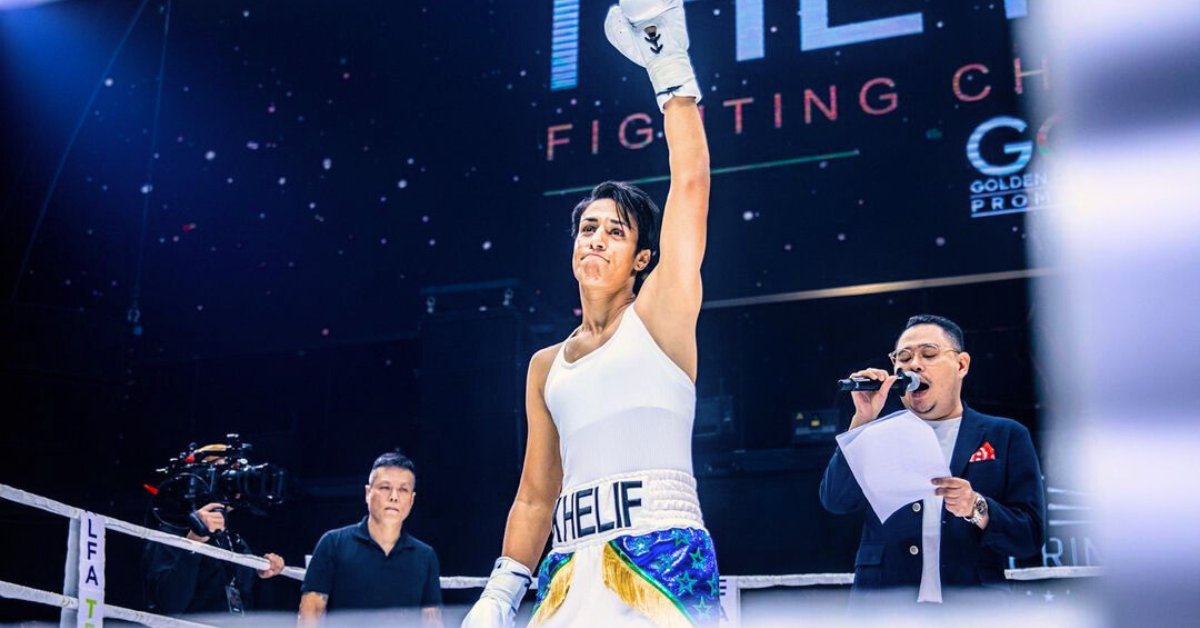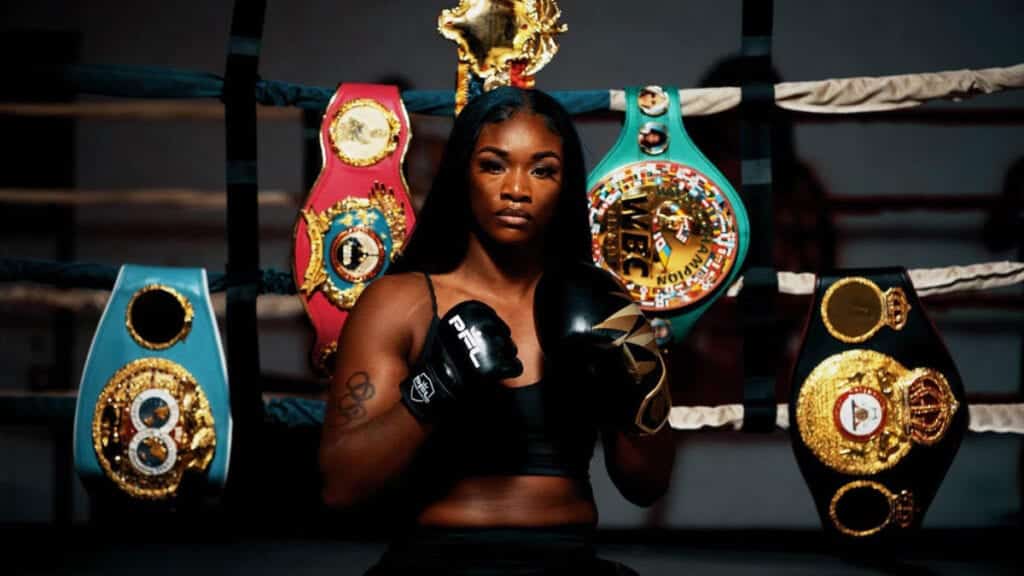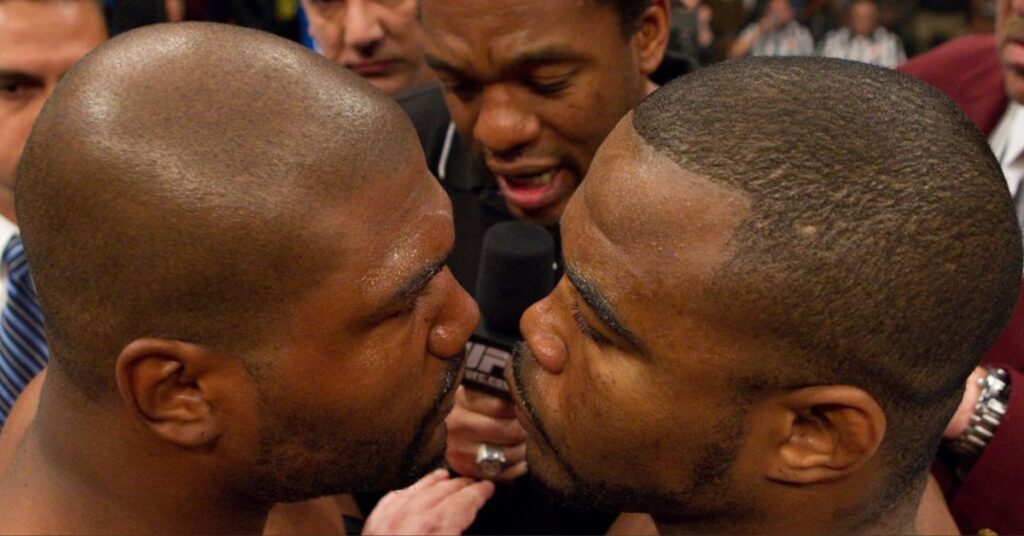The Bigot Undertones of the Imane Khelif Gender Controversy

The bad-faith actors, the usual peanut gallery, had their claws at the ready when Imane Khelif’s name up. These 2024 Olympic games have been surrounded by gender controversy. The truth is that she is a woman, not a trans person, not a man competing as a woman, but it didn’t matter because these people were waiting for a target to unleash their long-held anger. They used a classic, historic bigoted attack: to compare a woman of color to a man.
Imane Khelif: Olympic Gender Issues
Algeria’s Imane Khelif was born a woman, identifies as a woman, and competes as a woman. In her home country, it is illegal to be a trans person or have trans surgery. Being an LGBTQ person could land you in prison. It is unbelievable to think that Algeria would send a trans person to compete on their behalf, but the truth hardly mattered. Simply, these bad-faith arguers on X were looking for prey.
What initially kicked this off was a decision from the IBA. The IBA was the organization that suspended the Algerian-born Imane Khelif. This organization is not considered reputable by international standards. The Olympics cast them aside for corruption among other controversies. On the IBA “Gender Test” Morgan Campbell wrote for CBC Sports:
No IBA documents clarify exactly how these two women, who had competed issue-free in the past, landed outside the organization’s gender boundaries. Minutes from the board of directors meeting following the 2023 world championships repeatedly cite unspecified tests at an unnamed lab, and that the two boxers “failed to meet eligibility rules.” Eventually IBA president Umar Kremlev told a reporter that Khelif and Yu-Ting, who is also competing in Paris, had an X and Y chromosome, which made them, in IBA’s view, something besides women.
In a statement regarding the IBA, the IOC outlined that no proper procedure was followed, they added:
The current aggression against these two athletes is based entirely on this arbitrary decision, which was taken without any proper procedure – especially considering that these athletes had been competing in top-level competition for many years.
But it didn’t matter. The facts simply didn’t matter in the face of a great target; Imane Khelif.
The IBA had a bizarre press conference just a few days ago to respond. They did not provide any evidence regarding this case. Olympic sports writer Les Carpenter outlined what happened:
“Are you going to show us evidence, or is it time for us to leave the room now?” a reporter interrupted … With the men on the dais saying they don’t test all boxers for testosterone irregularities and had only chosen four at the 2022 championships, including Khelif and Lin, and then only Khelif and Lin in 2023. They did not provide the results of the 2022 tests or why those athletes were selected, other than vague references to complaints from opposing countries.
Trans people in sports is an entirely reasonable discussion to have. It is an interesting topic that is worth examining further. However, the issue is surrounded by reactionaries who are not looking for a reasonable discussion. Additionally, this case, with Imane Khelif, is backed by a peanut gallery on X and a corrupt boxing organization rather than facts. Khelif has been in the Olympic testing system for several years and has never tested positive for elevated levels.
Minority Women Being Called Men
Algeria’s Imane Khelif was called out for being a man, being a trans person, having increased testosterone, or being intersex; the insults followed a classic pattern to underscore minority women’s achievements by insulting them and claiming they are men. Women of color are constantly and historically called men.
Minority women often face microaggressions and overt insults that bisect with both racism and sexism. The intent behind these comments is to undermine both their identities and achievements by attacking their appearance and questioning their femininity.
Women of Color
Michelle Obama was long criticized not for her political positions but instead she was accused of being a man. A lie that would last for all eight years of the presidency. It was designed to be an insulting jab, with racist undertones.
Some athletic examples include Indian sprinter Dutee Chand, WNBA star Brittney Griner, South African runner Caster Semenya, tennis champion Naomi Osaka, Indian wrestler Vinesh Phogat, snowboarder Chloe Kim, tennis stars Venus & Serena Williams, golfing standout Michelle Wie, and all-time great boxer Claressa Shields.

Aside from athletes, the following women are often called men: Congresswoman Cori Bush, actress Michaela Coel, and Vice President Kamala Harris. What do all of the above women have in common? They are women of color, just like Imane Khelif. Women of color are insulted and have their looks compared to men at a much greater rate than their white counterparts who are in the same position.
The people themselves who are calling Imane Khelif a man are not racist. To be clear, the insult has a basis in racism. The insult has a bigoted context, not the people themselves.
Historic Context
This line of racist insults is not new, Imane Khelif happens to be the most recent target. It is an insult that dates back decades. Tennis player Althea Gibson, in the 1950s, was often subjected to comments that questioned her femininity. Implying she was more masculine. Track and field athlete Wilma Rudolph, in the 1950s, faced similar derogatory comments. Critics often made remarks about her muscular build, suggesting she was more male than female.
In the 1980s, runner Florence Griffith-Joyner set a record and met derogatory comments about her appearance and performance-enhancing drug accusations. The comments were often rooted in racial and gender biases. Critics implied that her muscular physique and performance were unnatural for a woman.
Insulting a minority woman and calling her a man is nothing new and a classic racist insult. Instead of raising up strong female athletes, and lifting their voices, the mob chooses to tear them down. Athletes such as Claressa Shields should be celebrated in a way that an all-time great athlete deserves to be treated. Instead, bigoted and old insults continue to plague women’s careers.






